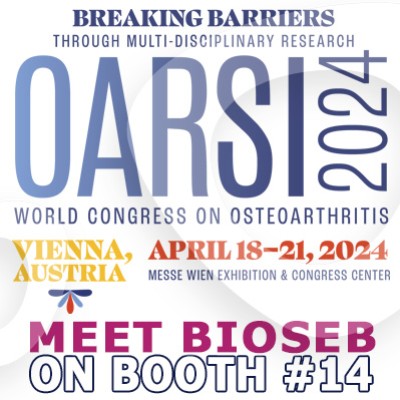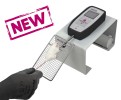Authors
Witteveen E, Hoogland IC, Wieske L, Weber NC, Verhamme C, Schultz MJ, van Schaik IN, Horn J
Lab
Department of Intensive Care Medicine, Academic Medical Center, Amsterdam, the Netherlands.
Journal
Muscle Nerve.
Abstract
Introduction There are few reports of in vivo muscle strength measurements in animal models of ICU-acquired weakness (ICU-AW). In this study we investigated whether the Escherichia coli (E. coli) septic peritonitis mouse model may serve as an ICU-AW model using in vivo strength measurements and myosin-actin assays, and whether development of ICU-AW is age-dependent in this model. Methods Young and old mice were injected intraperitoneally with E. coli and treated with ceftriaxone. Forelimb grip strength was measured at multiple time points, and myosin-actin ratio in muscle was determined. Results E. coli administration was not associated with grip strength decrease, neither in young nor in old mice. In old mice, the myosin-actin ratio was lower in E. coli mice at t=48 and higher at t=72 hours compared to controls. Conclusion This E. coli septic peritonitis mouse model did not induce decreased grip strength. In its current form, it seems unsuitable as a model for ICU-AW. This article is protected by copyright. All rights reserved.
BIOSEB Instruments Used:
Grip strength test (BIO-GS3)

 Douleur - Allodynie/Hyperalgésie Thermique
Douleur - Allodynie/Hyperalgésie Thermique Douleur - Spontanée - Déficit de Posture
Douleur - Spontanée - Déficit de Posture Douleur - Allodynie/Hyperalgésie Mécanique
Douleur - Allodynie/Hyperalgésie Mécanique Apprentissage/Mémoire - Attention - Addiction
Apprentissage/Mémoire - Attention - Addiction Physiologie & Recherche Respiratoire
Physiologie & Recherche Respiratoire
 Douleur
Douleur Métabolisme
Métabolisme Système moteur
Système moteur Neurodégénérescence
Neurodégénérescence Thématiques transversales
Thématiques transversales Système musculaire
Système musculaire Functions de motricité générale
Functions de motricité générale Troubles de l'humeur
Troubles de l'humeur Other disorders
Other disorders Joints
Joints Système Nerveux Central (SNC)
Système Nerveux Central (SNC)
 Système sensoriel
Système sensoriel
